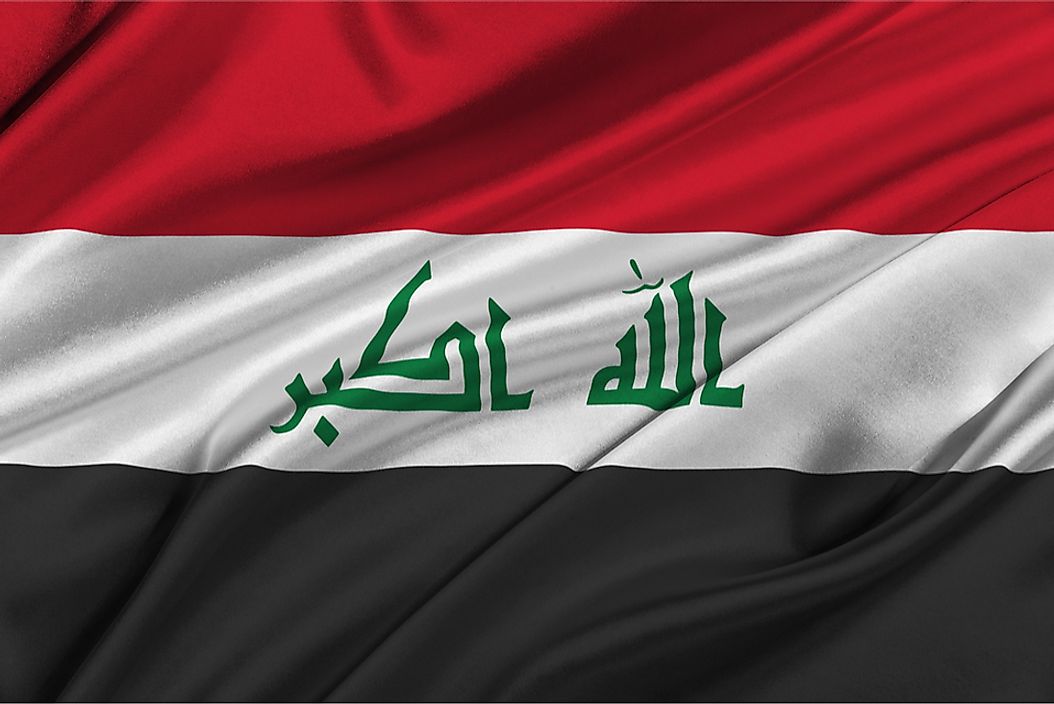What Languages are Spoken in Iraq?

Arabic has been the primary language in Iraq's history since Islam has dominated the territory's religious landscape for centuries. Most of Iraq's population converse in Mesopotamian Arabic, which is an Arabic variant also spoken in Iran, Turkey, and Syria.
Official Languages of Iraq
Iraq's constitution gives Arabic and Kurdish official status. Standard Arabic is used for official purposes in the nation. Most of the inhabitants of Iraq, however, use the Mesopotamian Arabic variant. Mesopotamian Arabic is spoken in two primary dialects, namely Gelet Mesopotamian Arabic and Qeltu Mesopotamian Arabic. The Arabic variant used in Iraq has been heavily influenced by Turkish, Aramaic, Persian, and Akkadian. Iraq made history in 2004 when it became the only nation to recognize Kurdish officially. Kurds make up approximately 10 to 15% of Iraq's total population. Kurdish is spoken in three major dialects. Northern Kurdish is recognized as the largest variant, and it is mainly used in the north of Iraq. Southern Kurdish is widely used in the Khanaqin district situated in the eastern region of the country. Central Kurdish, also called Sorani, is spoken in Iraq as well.
Regional Languages of Iraq
Two regional languages are recognized in Iraq. Syriac-Aramaic is used by Syrian Christians living in northern Iraq, and it is a variant of Middle Aramaic. The history of Syriac-Aramaic goes back to the 1st century AD, and it grew to be a primary literary language across the Middle East between the 4th and 8th centuries. Syriac became the medium for Syriac Christianity and culture, and it is still used by some churches as a liturgical language, including the Syriac Orthodox Church. The language is taught in a couple of Iraq's public schools. Iraq is home to Iraqi Lurs, who mainly live in the country's central and eastern parts and refer to themselves as Feylis. This ethnic group converses in Feyli, which is classified as a Lurish language. Feyli Lurish enjoys official minority status in the country.
Minority Languages Spoken in Iraq
Iraq has several minority languages. Armenian immigrants, who settled in Iraq in the 19th and 20th centuries, continue to speak Armenian, especially in large cities such as Baghdad. Iraq is also home to the Iraqi Turkmens who observe Turkish identity and speak the Turkmen language. Territories like Baghdad, Nineveh, Erbil, and Saladin have significant populations of Iraqi Turkmens. The country also has a population of ethnic Persians who found themselves in Iraq after Iraq and Iran were given clear borders. This ethnic group speaks Persian. The Zaza-Gorani ethnicity inhabits northern Iraq and boasts six languages. The largest dialect is Gorani, which is mostly used in the region of Halabja, in addition to areas between Khanaqin and Mosul. The language of Domari is used by the Doms who are a nomadic group of Indian ancestry living near and in Iraq's largest towns and cities. Some Neo-Aramaic tongues are also used in Iraq.
Preserving the Dying Languages of Iraq
Iraq has implemented various efforts to preserve minority languages. In an attempt to preserve the Syriac language, for example, it was included in the curricula of a total of 152 public schools. The Christian population in the country has been on a downward trajectory, prompting the introduction of initiatives to protect the Iraqi Christian culture. The country’s government is also encouraging its population to teach new generations their mother tongues.











